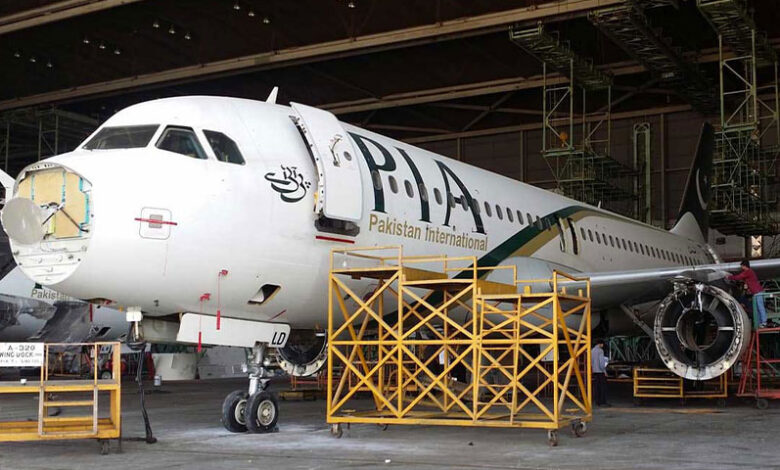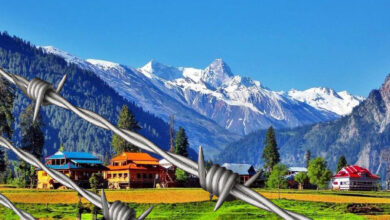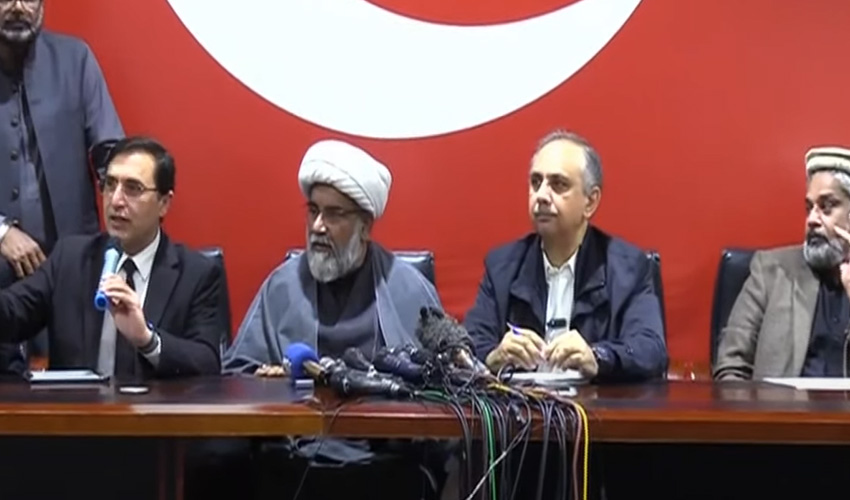PIA Privatization Faces Setbacks Amid Union Elections and Political Pressures

Islamabad:The privatization of **Pakistan International Airlines (PIA)** continues to face significant hurdles, with previous attempts to sell the national airline failing due to low bids. Despite efforts, no serious offers have emerged from potential buyers. In the midst of this uncertainty, both **current and former PIA employees** are discussing the possibility of purchasing the airline. However, the situation has become even more complicated with the ongoing union elections within PIA, which could have a substantial impact on the privatization process.
### Reasons Behind Privatization Delays:
A former senior official at PIA, speaking on condition of anonymity, explained that multiple factors have contributed to the failure of privatizing the airline. These include **low bid offers** and possible concerns that **serious bidders** were not allowed to participate in the auction. According to the official, there were at least five serious bidders who offered competitive prices but were likely deterred by restrictive conditions set during the bidding process. Another key reason, he added, is the pressure the government is facing; selling PIA at a low price is simply not an option.
### Union Elections and Their Role:
Currently, PIA is undergoing a **referendum** for union elections, which have gained significant importance as they could influence the privatization process. **Five major unions** are active within the airline, including:
– **MQM’s Union (United)**
– **PTI’s Union (Insaaf Labour Front)**
– **PPP’s Union (People’s Unity)**
– **PML-N’s Union (Air League)**
– **Jamaat-e-Islami’s Union (PIA-SI)**
These unions hold **elections** to select the **Collective Bargaining Agent (CBA)**, which plays a critical role in negotiations with management over workers’ wages and other issues. The election process is set to take place over **three days**, starting from **December 29** and ending on **December 31**, to accommodate employees who are on flights during the voting period.
### Potential Impact of Union Elections on Privatization:
The outcome of the **CBA election** could have a significant impact on PIA’s future, especially with the ongoing privatization process. If a union that opposes privatization gains control of the CBA, they may call for **protests or strikes**, potentially bringing PIA’s operations to a halt. This could even result in the **closure of airports**, significantly delaying the privatization process.
Historically, the CBA has been dominated by **PPP’s People’s Unity** union, which, during the tenure of the PPP government, had limited opposition to the privatization process. It is possible that **People’s Unity** could regain control of the CBA, further complicating the situation.
On the other hand, the **PTI’s Insaaf Labour Front** faces challenges in securing a majority on its own and is unlikely to form alliances with other unions. However, there has been an **alliance between PML-N and MQM**, though MQM’s influence is largely confined to **Karachi**, where their voter base is limited.
### Future Scenarios:
Given the political dynamics and union activities, the privatization of PIA remains uncertain. If unions that are aligned with political parties like **PPP** or **PML-N** dominate the CBA, they may push back against privatization efforts, while unions like **PTI’s Insaaf Labour Front** could complicate the situation further by refusing to form coalitions. The outcome of the union elections will likely determine the direction PIA takes in the coming months, and whether the privatization process can proceed smoothly or face additional delays.
As the situation evolves, the role of unions and political affiliations will play a decisive factor in the future of PIA, the country’s flagship airline.






